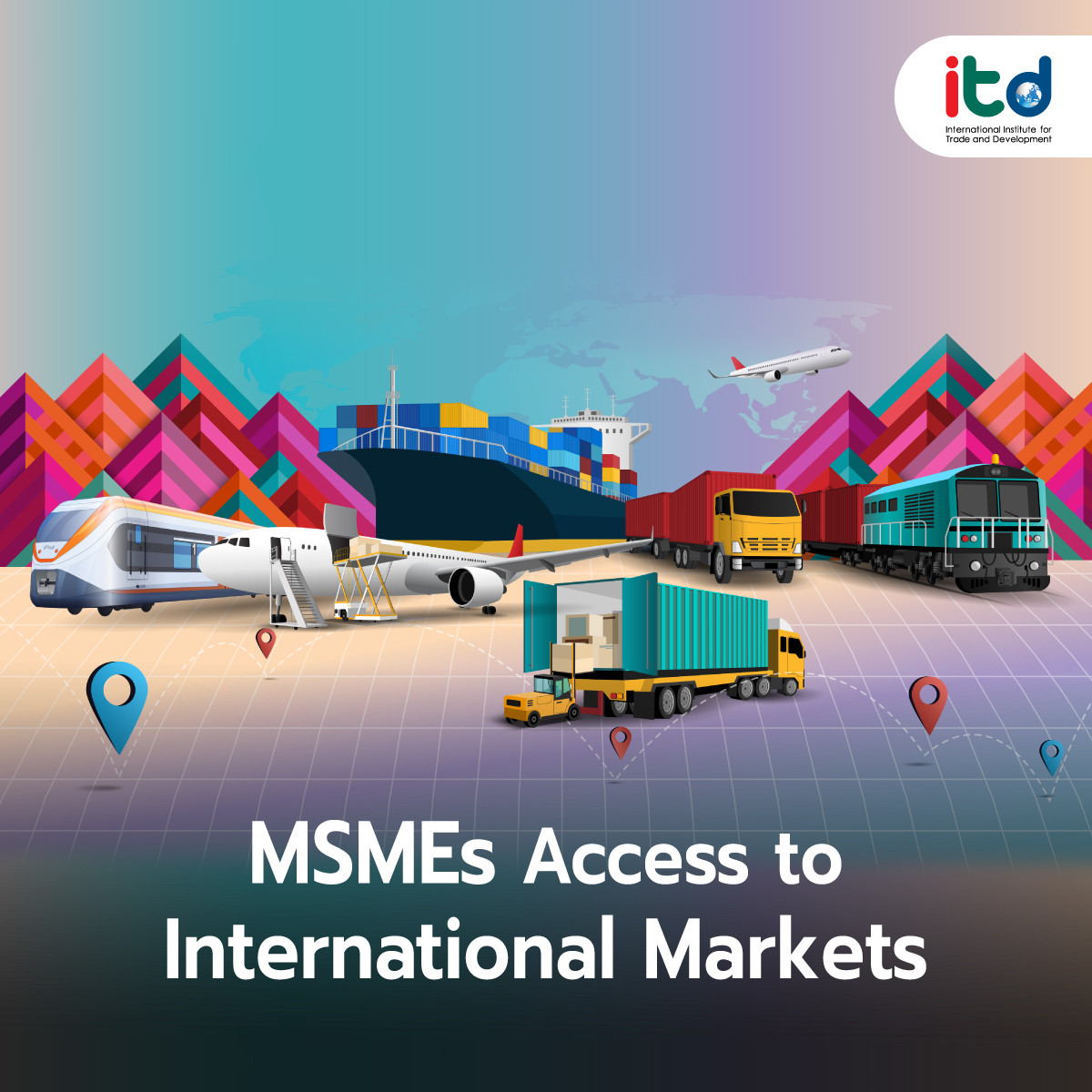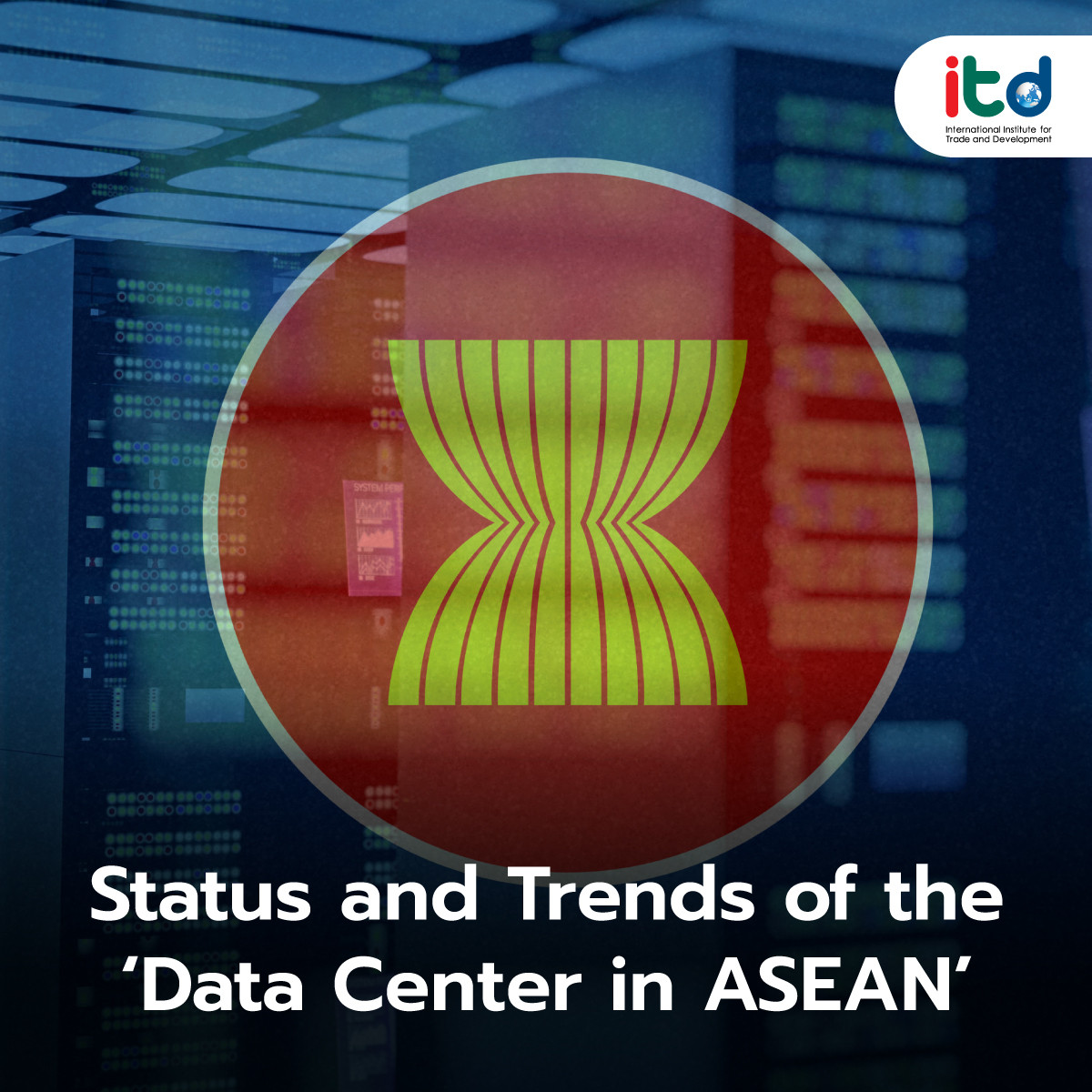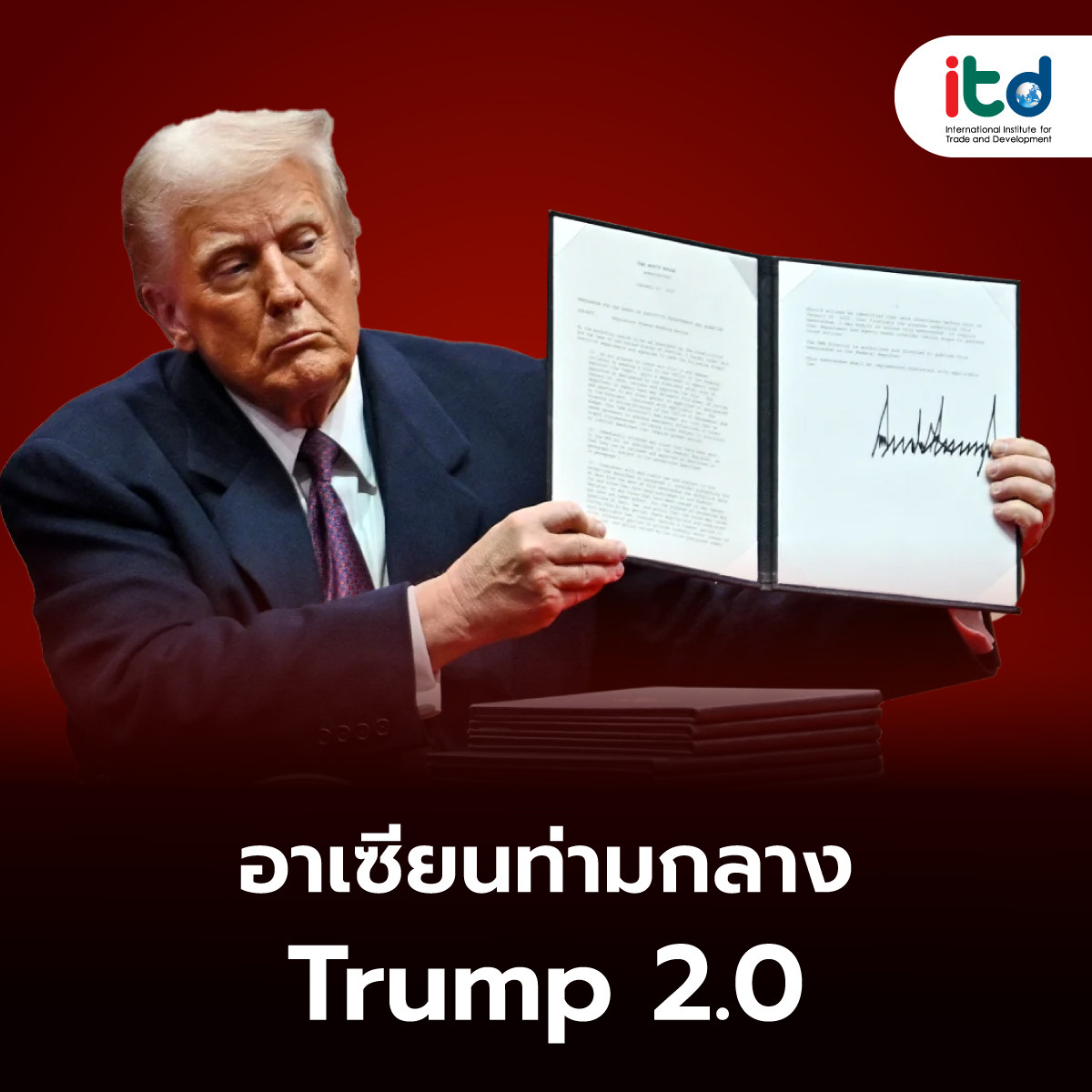About Documents
Micro, Small, and Medium Enterprises (MSMEs) play a crucial role in the development of grassroots economies and the economy as a whole, particularly in developing countries and least developed countries. Globally, MSMEs account for over 90% of all businesses, making them a significant source of employment and income distribution. The size of these businesses contributes to their agility, facilitating the introduction of new products. Moreover, they provide entrepreneurship opportunities to the public, which is a key factor in supporting sustainable economic development.
In ASEAN, the ADB Asia SME Monitor 2023 compiled and tracked data, finding that there are over 72 million of MSMEs, employing more than 155 million (with the latest data from each country that reported employment figures, excluding Myanmar). The distribution of MSME locations in ASEAN is predominantly outside of capital cities. Overall, MSMEs are mainly engaged in the wholesale and retail trade sectors, followed by the services sector, and then the manufacturing sector.
To develop their economies, many countries prioritize supporting the growth of MSMEs. However, currently, MSMEs face limitations and disadvantages compared to larger businesses, especially in accessing international markets. According to the World Bank Enterprise Surveys, the majority of SME (excluding Micro businesses) still relies more on domestic markets than foreign ones. Globally, SMEs export only 11% of their products, and the export limitations are even more for SMEs in least developed countries
Access to international markets of MSMEs involves both internal business factors and the external business environment that affect the access of MSMEs into these markets. From the project on The Assessment of Export Potential of MSMEs and its Implications on
Policy Development by International Institute for Trade and Development, it was found that Thai MSME entrepreneurs face obstacles such as:
Access to credit for MSMEs reflects that businesses are not given an appropriate credit rating. The lending practices do not align with business operations, resulting in businesses lacking sufficient capital to develop and expand into international markets.
Regulations and measures, which are set both domestically and internationally that MSMEs must comply with, are related to multiple agencies, are complicated, and require a long time to process.
MSMEs face high initial costs when access to international market, including costs associated with product design to meet the requirements of the target market, compliance with various regulations and measures, which can be particularly challenging during the initial stages, they may produce a small quantity for market testing, leading to unprofitable production. Exporting also incurs costs related to warehousing, transportation, and storage fees. Part of these challenges arises from limited access to market information.
The above obstacles are just some of the challenges that Thai MSME entrepreneurs face in access to international markets. This includes the changing context of global trade, such as recovery from the COVID-19 situation, geopolitical tensions, and climate change. Government policies to support MSMEs in accessing international markets need to be adapted to the current situation and business needs.
The findings of the research project to support MSMEs’ access to international markets will be presented at the ITD Research Forum 2024: Upgrading Thailand’s Gateway and MSMEs’ Export on April 4, 2024. Details can be followed at www.itd.or.th
Author:
Natjaree Petruang
Researcher
International Institute for Trade and Development (Public Organization)
www.itd.or.th
Publication: Bangkok BIZ Newspaper
Section: First Section/World Beat
Volume: 37 Issue: 12606
Date: Wednesday, March 27, 2024
Page: 8 (left)
Column: “Insight ASEAN”






